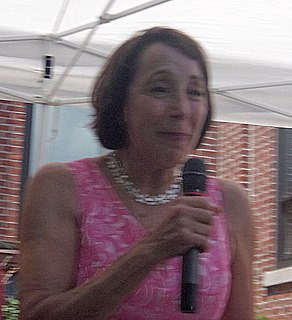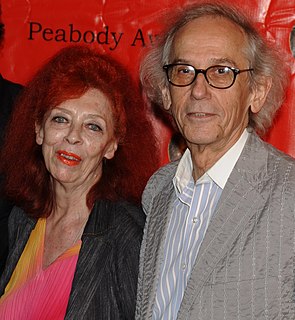A Quote by Linda Ronstadt
I got a couple of different contacts from publishing companies saying they'd be interested in a book about my work: not a kiss-and-tell book, which I specifically put in the contract. Just a book about my work and what I did.
Related Quotes
When I was in fourth grade... this wonderful teacher said you didn't have to write a book report, you could just talk about the book, you could do a drawing of the book, you could write a play inspired by the book, and that's what I did. I got to be so famous. I had to go around to every school and perform it. It was just so natural and fun.
You will want a book which contains not man's thoughts, but God's - not a book that may amuse you, but a book that can save you - not even a book that can instruct you, but a book on which you can venture an eternity - not only a book which can give relief to your spirit, but redemption to your soul - a book which contains salvation, and conveys it to you, one which shall at once be the Saviour's book and the sinner's.
I didn't know enough as a writer to understand why I needed to do this, but I understood in a very gut way that I could not entertain those thoughts of pleasing people and write this book - that it would be a very different book. Without really sort of investigating that instinct, which I'm glad for, I just made a conscious decision to put blinders on and not think about anything and put it all in. And I did. I put everything in. I had to look at the whole picture to see what I needed.
In re-reading 'Presumed Innocent,' the one thing that struck me - and I re-read the book four different times in writing 'Innocent,' interested in different things each time - but I did think there were a couple of extra loops in the plot that I probably didn't need. The other thing that sort of amazed me was how discursive the book was.




































